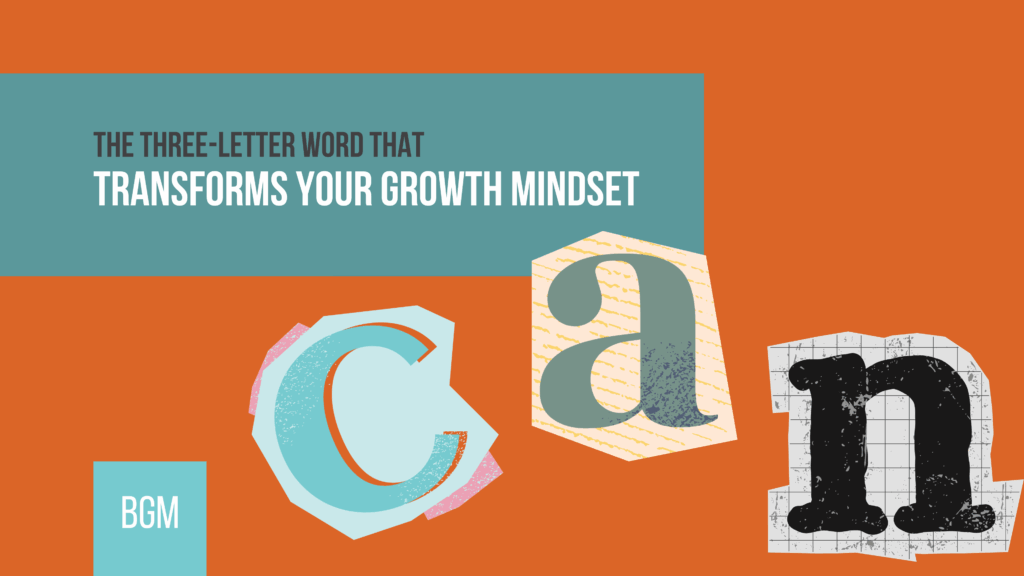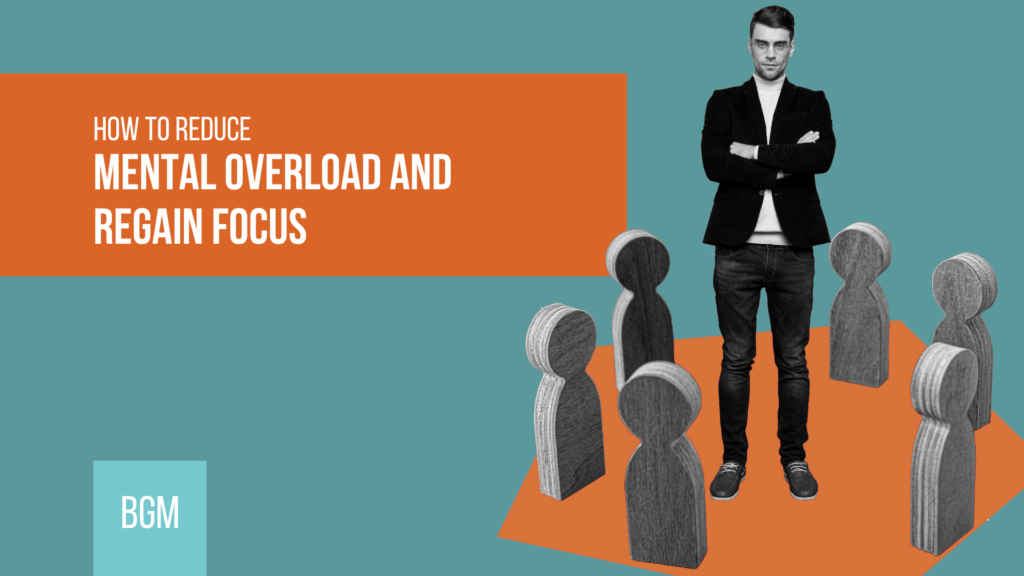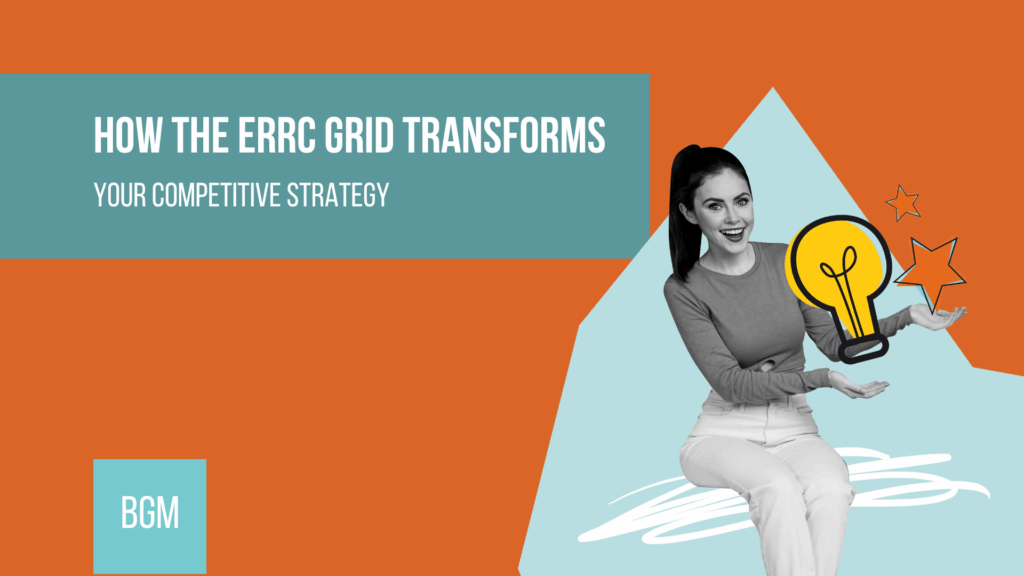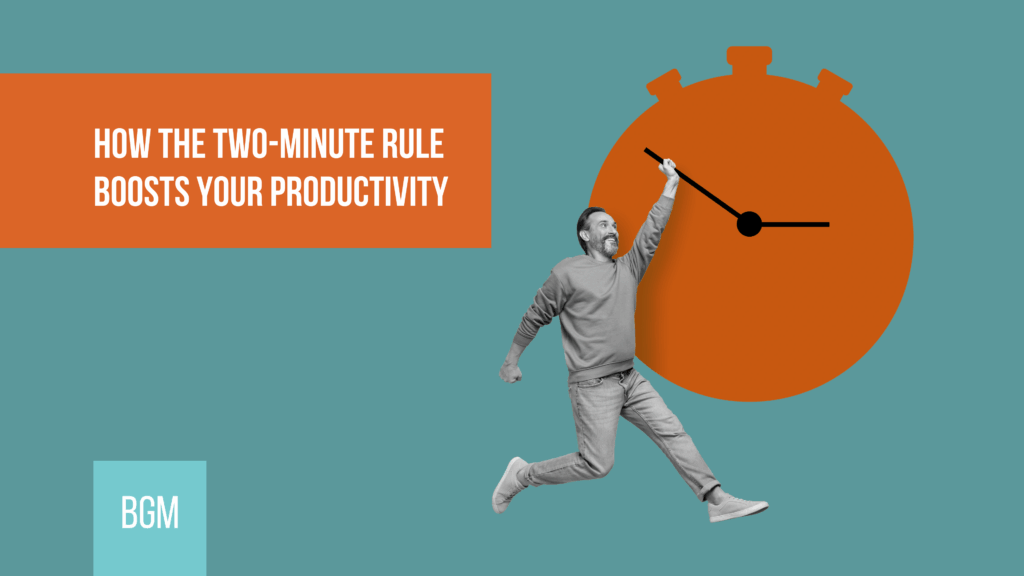“I can’t do this.” “I don’t understand how this works.” “I’m not good at public speaking.” These statements close doors. They define current inability as a permanent limitation. Add one word – “yet” – and everything changes.
In this edition, we’ll show you how this simple linguistic shift reframes failure, builds confidence, and creates dramatically different achievement trajectories over time.
How “Yet” Changes Our Approach To Challenges
The word “yet” does more than add syllables to a sentence. It reframes failure, redirects focus, and maintains possibility when facing difficulty.
From Fixed State To Growth Trajectory
Without “yet,” statements about inability describe permanent conditions. “I can’t do this” implies a fixed state that won’t change. This framing triggers avoidance. Why invest effort in something you can’t do?
Adding “yet” transforms inability from a permanent condition to a temporary state. “I can’t do this yet” implies you’re on a journey toward capability. This framing triggers engagement. The challenge becomes something to work toward rather than evidence of limitation.
From Outcome To Process Focus
When we say “I can’t,” we focus on the outcome, the thing we cannot currently do. This outcome focus often triggers stress, discouragement, and withdrawal.
“Yet” redirects attention to process, the learning, practice, and development that leads to eventual capability. This process focus supports persistence because it emphasises the path forward rather than current inadequacy.
From Identity To Behaviour
Fixed statements often become identity claims. “I’m not good at accounts” or “I’m not creative” aren’t just assessments of current skill. They become beliefs about who you are. Adding “yet” keeps assessments at the behavioural level. “I’m not good at accounts yet” acknowledges current skill whilst separating it from identity. This separation feels possible because you’re developing a skill, not changing who you are.
Building Confidence Through The Power Of “Yet”
The “yet” mindset directly supports confidence building, particularly when learning challenging new skills.
Redefining Failure
In a fixed mindset, failure confirms lack of ability. Each unsuccessful attempt reinforces the belief that you can’t do something, making continued effort feel futile.
With “yet” thinking, failure becomes feedback about current capability and the learning still needed. Each unsuccessful attempt is a step in the learning process rather than evidence of permanent limitation.
This redefinition is crucial for developing new skills, which typically require multiple failed attempts before achieving competence.
Lowering Psychological Barriers
The hardest part of learning anything challenging is starting. When you believe you can’t do something, beginning feels pointless. When you believe you can’t do something yet, beginning feels like the natural first step.
This psychological difference makes people significantly more likely to attempt challenging tasks and persist through initial difficulty.
Celebrating Progress
“Yet” thinking encourages celebrating progress rather than requiring complete mastery before acknowledging achievement. You can feel good about understanding something better than yesterday, even if you haven’t achieved full competence.
The Long-Term Achievement Impact
The cumulative effect of “yet” thinking extends far beyond individual learning experiences. It shapes patterns of goal pursuit, career development, and overall achievement.
Increased Willingness To Attempt Difficult Goals
People who consistently use “yet” framing attempt more ambitious goals than those with fixed mindsets. They’re not more talented initially. They’re simply more willing to pursue goals where success isn’t guaranteed.
This willingness creates more opportunities for breakthrough achievements. Many significant accomplishments come not from superior talent but from the willingness to persist toward goals others abandoned.
Greater Resilience During Setbacks
Long-term achievement requires weathering setbacks without abandoning goals. “Yet” thinking provides psychological protection during difficulty by maintaining the belief that challenges are temporary rather than permanent.
Compounding Skill Development
Every new skill builds on previous learning. People who persist through difficulty in acquiring new skills accumulate capabilities that compound over time. The “yet” mindset supports this compounding process by maintaining engagement through difficult learning periods. Over decades, this creates dramatically different capability trajectories.
Implementing “Yet” Thinking In Practice
Monitor Your Self-Talk
Pay attention to how you describe challenges to yourself. When you notice definitive statements about inability (“I can’t,” “I don’t,” “I’m not”), consciously add “yet.” This simple linguistic practice gradually reshapes underlying beliefs. What begins as deliberate language modification eventually becomes automatic thinking.
Model “Yet” Language For Others
If you lead a team, your language shapes their mindsets. When discussing challenges or mistakes, frame them with “yet”. “You haven’t figured this out yet” rather than “You don’t understand this.” This modelling is particularly important when addressing performance issues. “Yet” framing maintains belief in improvement whilst acknowledging current gaps.
Create Learning Environments
Organisations that emphasise learning over performance encourage “yet” thinking naturally. When mistakes are treated as learning opportunities and development is valued alongside results, people adopt growth-oriented language and beliefs.
Celebrate Effort And Strategy
Recognise not just outcomes but also effort, strategy refinement, and persistence. This reinforces that the path to capability matters as much as current results.
The Simple Shift That Changes Everything
One word might seem trivial, but language shapes thought, and thought shapes action. “Yet” is more than a grammatical addition. It’s a mindset tool that maintains possibility during difficulty.
When you adopt “yet” thinking, you shift from judging current capability to acknowledging growth trajectory. This shift increases persistence, supports learning, and ultimately leads to achievement that seemed impossible from a fixed mindset perspective.
The power isn’t in the word itself. It’s in the belief system the word represents. That belief system, consistently applied, transforms how you approach challenges and what you ultimately achieve.
Thank you for being part of our Business Life community. If this changed how you think about growth and learning, share it with someone facing a difficult challenge. If there’s a topic you’d like us to explore in future newsletters, let us know. Let’s keep building mindsets that support continuous growth.
Live with purpose,
Kristian Livolsi and the Business Growth Mindset Team




